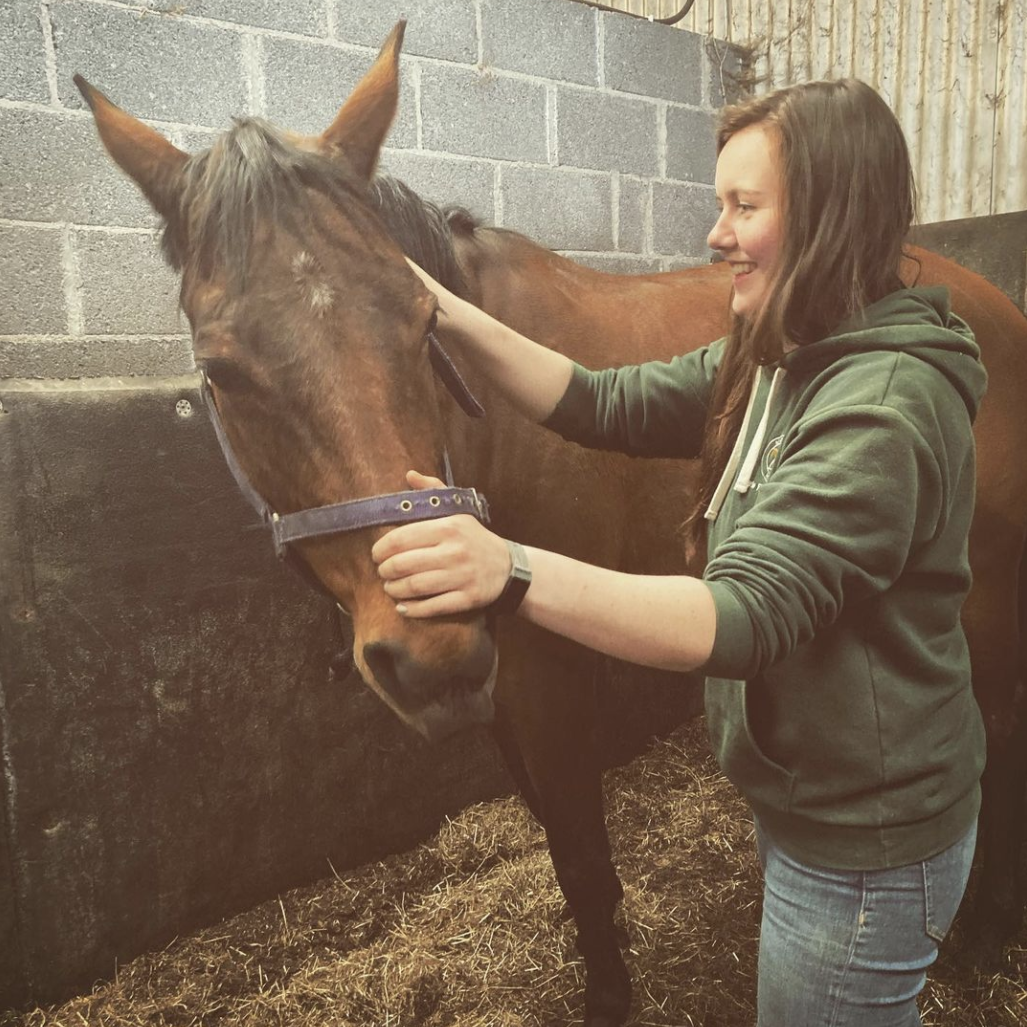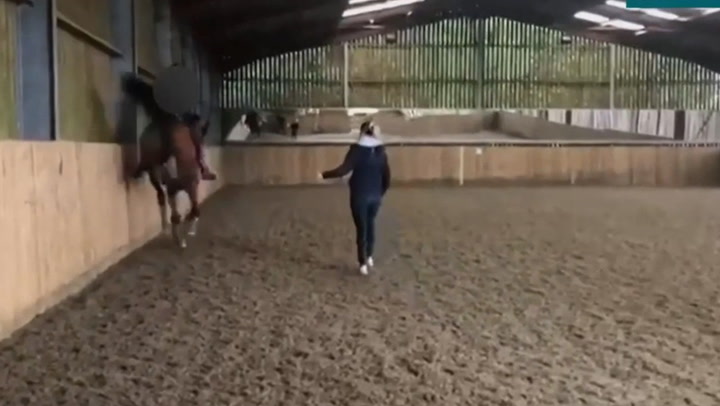Fascia is a connective tissue that forms a complex network that surrounds and supports muscles, bones, and organs. It is essential in maintaining the shape and structure of the body, as well as in providing a pathway for nerves, blood vessels, and lymphatic vessels.
Fascia is important as it supports the weight of the body and helps to protect the internal organs.
When working correctly, it helps to distribute forces and reduce the risk of injury.
Fascia can become tight or restricted due to a variety of factors, including
When fascia becomes tight, it can lead to pain and discomfort for the horse. It also restricts movement and inhibits the horse’s performance.
To prevent fascia-related issues in horses, it is important to maintain a healthy and balanced diet, provide regular exercise, and ensure proper training and equipment. The recent interest in fascia has led to the development of new therapies and techniques aimed at releasing fascial restrictions.
Fascia is also affected by the state of the nervous system. The nervous system should be predominantly in the parasympathetic state – which is feeling safe. It is focused on vitality and well being. The digestive, hormonal and other systems are functioning properly when in this state. Fascia is also working optimally in this state.
If the nervous system is in another state ie. fight, flight, freeze, etc – does not feel safe whether there is physical danger or not – then the goal is survival, not vitality. Digestion and other systems will not be working to full capacity because they are not the priority. These states are not inherently bad, they are needed! We use the sympathetic nervous system to wake up in the morning. But if horses are predominantly in these states then the fascia will be restricted. The restriction in the fascia differs in each state as the body prioritizes what is needed for example if the horse is in the flight state it will use different muscles etc than if it was preparing to fight. Picture two horses, one running away from danger and the other squaring up to fight, they look quite different don’t they!
Overall, fascia plays a vital role in the well-being of horses. Understanding the importance of fascia and how to maintain its health is essential for the care of horses, especially those involved in high performance disciplines as it affects their movement and performance. By promoting healthy fascia, horse owners can help their animals to stay comfortable, mobile, and performing at their best.


Share
Your subscription is 100% Free for our first year, No credit card details required.

Charlotte Dujardin, a name synonymous with elegance and excellence in the equestrian world, now finds herself at the heart of

The world is currently rocked from the recent release of a video exhibiting clear animal abuse.. and I’m not going

The equestrian community is currently facing a critical moment following the recent revelations about Charlotte Dujardin. The video that surfaced